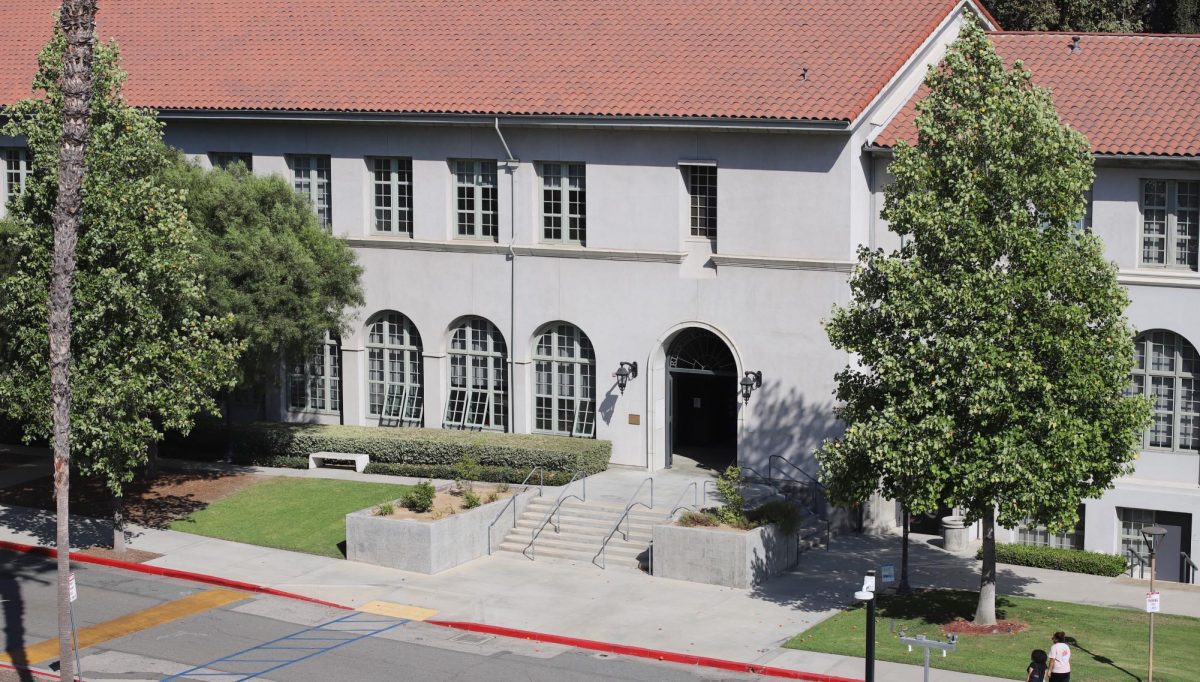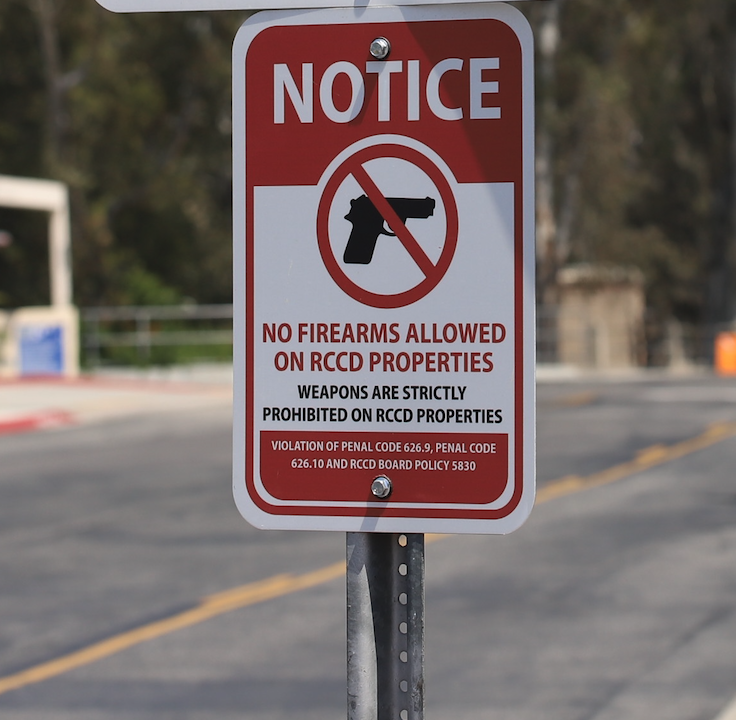
By Jonathan Ramirez
Broadcast news media does not tell you everything you need to know.
Since the end of World War II, an enhanced form of black and white television became a staple in the common American home. As the popularity of television grew, so did the demand for broadcast news as it took away from the demand of every other mode of news consumption available at the time. But the way that broadcast media flourishes is the same way that every other television programming flourished from the 1950s to now: it’s all dictated by ratings.
While various news outlets choose what gets covered and what we are informed with, they can leave many Americans uninformed on topics they ought to know regardless if it’s prone to being popular or not. News coverage on television is carefully curated with the intention of doing a public service and yielding most Americans to tune in because it brings in revenue. It is safe to assume that the greed for higher ratings in television can, at times, tip the balance of public service and viewership for the purpose of monetary gain.
“The wonderful thing about journalism is noticing something wrong and putting a stop to it before it gets worse,” Allan Lovelace, the journalism instructor for Viewpoints, said. This is the most forthright extension of our freedom of press.
Sadly, I feel as though many popular news outlets would occasionally focus on what would generate more eyes on a screen rather than bringing awareness to an issue that could later prevent more calamity. You cannot solve any problem if you are unaware that there is one to begin with.
It is troubling to see the lack of coverage in regards to the Uighur Muslims who are currently being imprisoned in Chinese “re-education” camps. According to an article published by USA Today, up to 3 million Uighur Muslims are being forced to renounce their religion and be indoctrinated with Chinese Communist Party propaganda. Many are also being forced to violate their religious beliefs by drinking alcohol and eating pork while also suffering torture and sexual abuse.
According to the U.S. Department of State, the detainment of the Uighur and other Muslim minority groups into these camps has been ongoing since April 2017.
The armed guards, barbed wire fences and forced labor alarmingly regress us back to a dark period of human history: 1940s Nazi Germany and the 6 million Jewish people who died during Adolf Hitler’s reign.
There are more issues in today’s world that will not receive the attention they deserve. In an article by the Center for Infectious Disease Research Policy, unapproved antibiotics are being produced by the millions by multinational companies in India. It was found that thousands of fixed dose combination drugs on the market in India were unregulated or approved by the Central Drugs Standard Control Organization, thus potentially creating a massive public health issue, according to the Public Library of Science.
India has the highest consumer rates and sales of antibiotics as it further thwarts their efforts to combat the increasing antibiotic resistance in the country.
The coverage on this in broadcast media overall is surprisingly almost nonexistent. A colossal portion of the country will not know anything about this if it is not covered at all.
According to The Pew Research Center in a survey conducted between July 30 and Aug. 12, 47% prefer to watch the news rather than read it, 34% prefer to read it and 19% prefer to listen to it. With television remaining the most preferred platform for news, it is up to broadcast journalism to widen its range of news topics that is more than just what’s popular and to cover news that give a spotlight to those who do not get a voice.
Broadcast media does provide a public service, but when there is little to no content on relevant topics that affect the lives of thousands or millions, we can do so much better in a country that relies on it.











